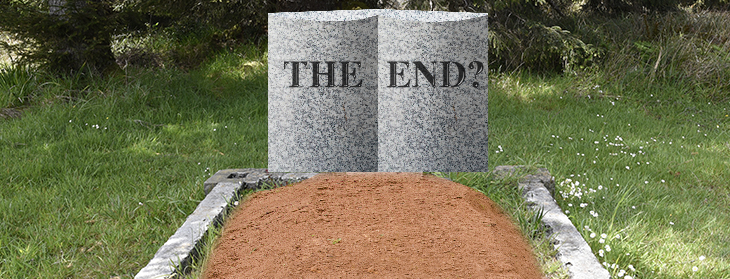
Stop blaming millennials for the internet’s dirty work
Posted On August 20, 2018
So apparently Business Insider isn’t the only outlet obsessed with blaming millennials for the demise of pretty much any product that’s seeing a slip in sales.
Quartz published a piece recently blaming millennials for what it termed the death of the classic novel. In making this claim, writer Ajinomoh Ozovehe Caleb compared sales of J.D. Salinger’s The Catcher in the Rye upon its release in 1951 with a newer critically acclaimed work, Khaled Hosseini’s A Thousand Splendid Suns, which sold only half as many copies per year as Salinger’s masterpiece.
Caleb further noted that it’s almost unheard of now for an author to camp out atop the best-seller list the way Boris Pasternak’s Doctor Zhivago did (27 weeks at No. 1). His conclusion: “Millennials may be the death of classic books.”
The Digital Reader’s Nate Hoffelder took issue, however, noting that the Quartz piece neglected to take into account one very important factor – the internet.
Where readers 60 years ago were drawn toward novels that made the short list for major awards or received positive reviews from critics, the internet now gives readers a much wider frame of reference, Hoffelder argues. What’s more, there are more novels available to read now, as digital and self-publishing outlets mean authors don’t have to go through the major publishing houses or even small publishers in order to get their works into print.
Caleb acknowledges that millennials are reading more books than their older counterparts. And he alludes to the changes in publishing, noting that the speed with which some popular authors like John Grisham churn out novels kills the staying power of other works by keeping newer options coming.
But this doesn’t show us that the increased volatility of the best-seller list is a product of generational differences. It shows us it’s a product of increased supply and accessibility.
It’s this same sort of competition that’s making business tougher for other industries millennials have been blamed for destroying. The nation’s biggest brewers, Anheuser-Busch and Miller, are seeing increased competition from an ever-growing list of craft and local breweries. Casual chain restaurants are battling the convenience of pre-order apps and curbside take-out options.
As a Gen-Xer, I once wrote term papers on a typewriter. That didn’t stop me from trading that clunky old thing and its accompanying bottle of white-out for a computer when they became affordable. When the internet was young, I used AOL. Now I and the rest of the known universe use Google.
So did Gen-Xers kill typewriters and AOL? No. Something new just came along.